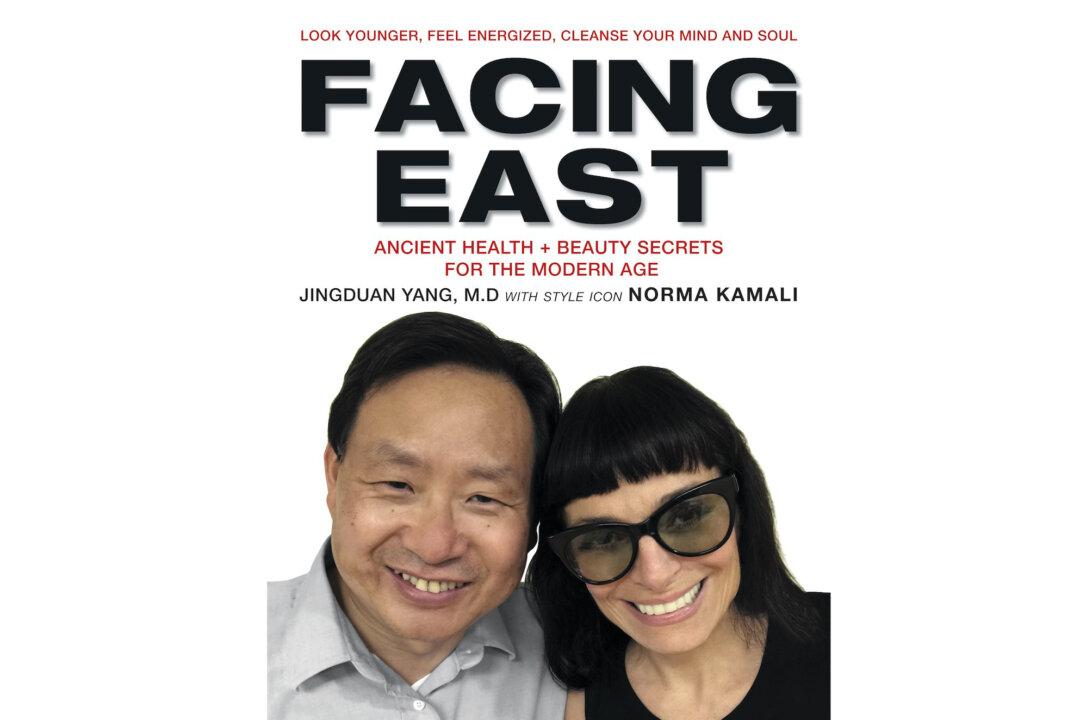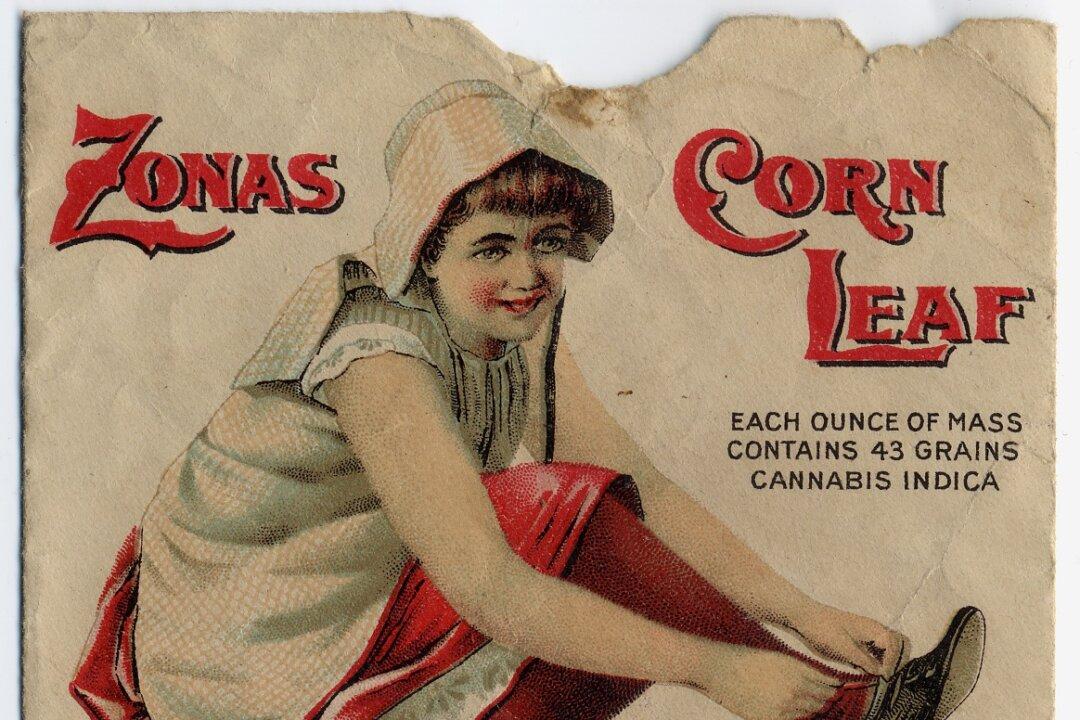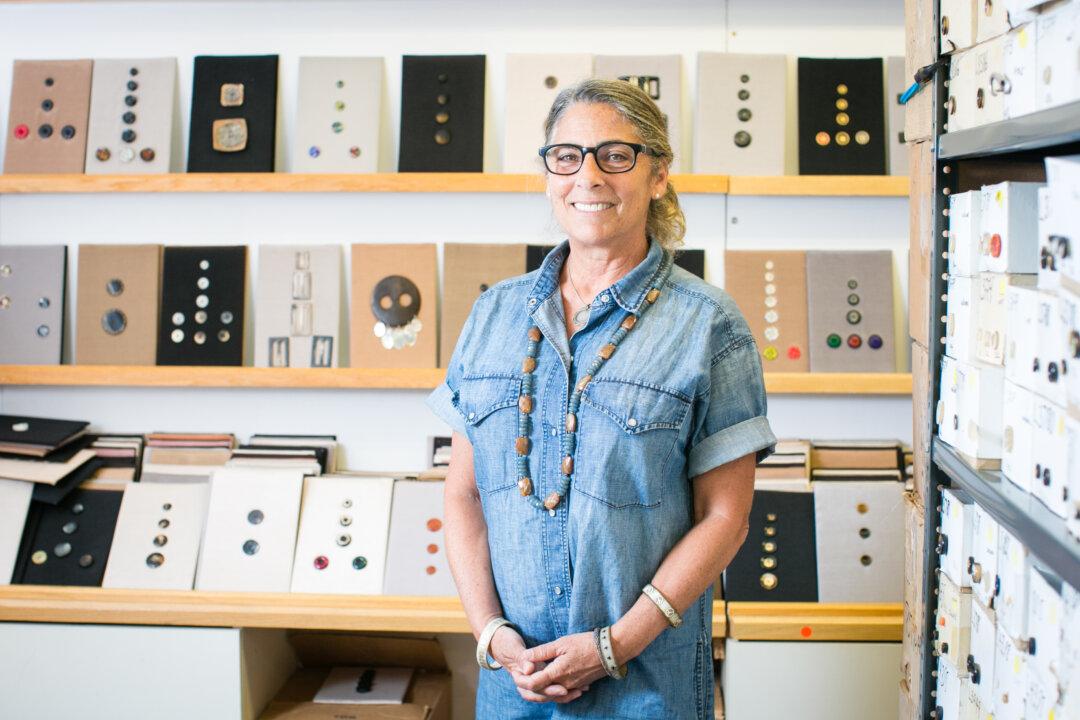Dr. Jingduan Yang never imagined he was going to be a practitioner of classical Chinese medicine when he was growing up in a small town in China’s Anhui Province.
His father passed on his skills to Dr. Yang even though he was the youngest son. Under usual circumstances, the eldest son has the birthright of carrying on the family lineage, but his brother was sent to be “re-educated” by farmers as part of Mao’s Great Cultural Revolution.
Speaking of himself, Dr. Yang confesses in his book, “Facing East,” that he was a “spoilt daydreamer who mostly loved to play and eat.” His father was concerned that his young son would not be able to survive the hardships of the time and decided to prepare Dr. Yang to become what is called a “barefoot doctor”—someone who comes to the rescue of farmers in need. His tools: a box of acupuncture needles and some herbs.
As it turns out, there are a lot of ailments that such a humble arsenal can tackle.





